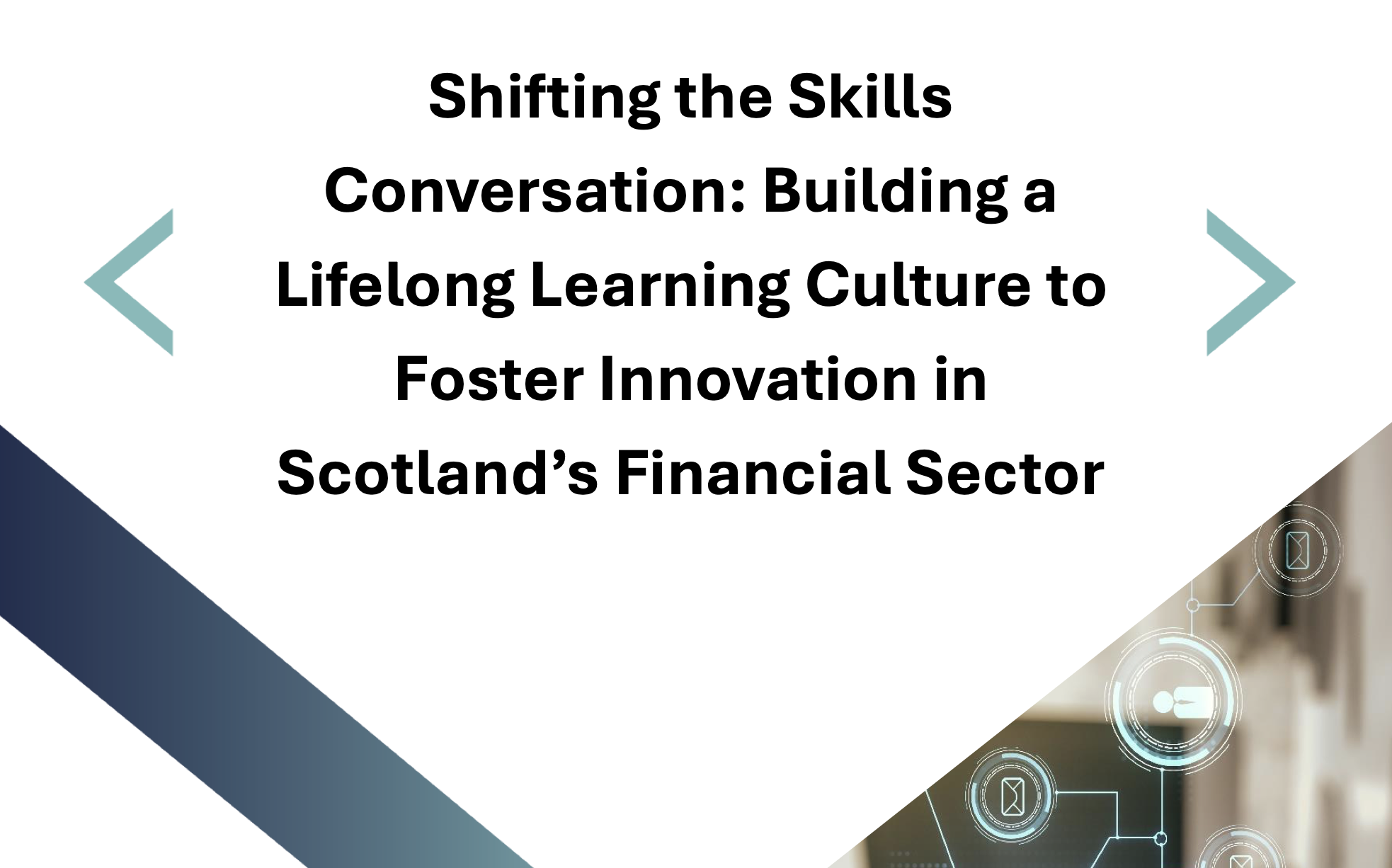Over 50% of employers and professionals embrace AI

New research conducted by FinTech Scotland’s strategic partner Hays reveals that a significant majority of both employers (57%) and workers (56%) in Scotland hold a positive view of AI in the workplace, advocating its adoption rather than fearing it.
The study gathered responses from over 8,800 professionals and employers across the UK, including nearly 450 participants from Scotland. Interestingly, 34% of employers remain undecided about the benefits of AI, while only 9% perceive it as a source of fear.
Currently, only 20% of employers report using AI tools, although certain fields, such as marketing, demonstrate higher adoption rates, with 37% of professionals affirming their use of AI tools in their current roles. The utilisation of AI is also notable in technology (30%), architecture (23%), and sales (17%). The primary reason for the limited implementation of AI tools is a lack of awareness or understanding regarding their advantages.
Keith Mason, the Director of Hays Scotland, explains that while the research highlights a predominantly positive attitude toward AI in the workplace, the adoption and usage of AI tools remain low as organisations across all sectors strive to comprehend how AI can benefit their operations. Currently, only 34% of employers invest in staff training to enhance their AI tool and technology skills, with a fraction of this group utilising tools like ChatGPT.
The significant advantages of integrating AI in organisations include cost savings, process efficiencies, and improved productivity. However, Mason emphasises the importance of a balanced approach that focuses on job transformation rather than replacing human workers.
Hays has observed the growth of AI-related recruitment in Scotland, but concerns regarding regulation and ethical use persist. Workers can reap the benefits of AI by transitioning into more engaging and meaningful roles, but this requires employers to invest in adequate upskilling and reskilling initiatives.
Mason highlights the worrisome gap between the rapid progress of AI technology and the lack of appropriate skills within the workforce to harness its full potential. Professionals have a substantial opportunity to upskill themselves and understand the impact of AI on their respective fields, enabling them to leverage AI tools for career advancement. The research strongly suggests that embracing AI and providing relevant training not only bridges the digital skills gap but also positions businesses as innovative and desirable in the evolving job market.
Mason illustrates an example of how AI can enhance recruitment processes, particularly at the initial pre-screening stage for matching candidates with job requirements, especially in high-volume recruitment scenarios like call centers. However, AI cannot replace the human element required to assess cultural fit, individual strengths, weaknesses, and character traits, which are crucial factors that add value to a business. The integration of AI must be balanced with human capabilities.
The study also reveals that the majority of employers (65%) plan to allow staff to use AI tools but will monitor their usage. Five percent of employers have already banned the use of AI tools, and 12% intend to ban tools like ChatGPT. Less than 20% of workers claim to have used an AI tool such as ChatGPT in their current roles, although this figure rises to 37% for professionals aged between 20 and 29.



